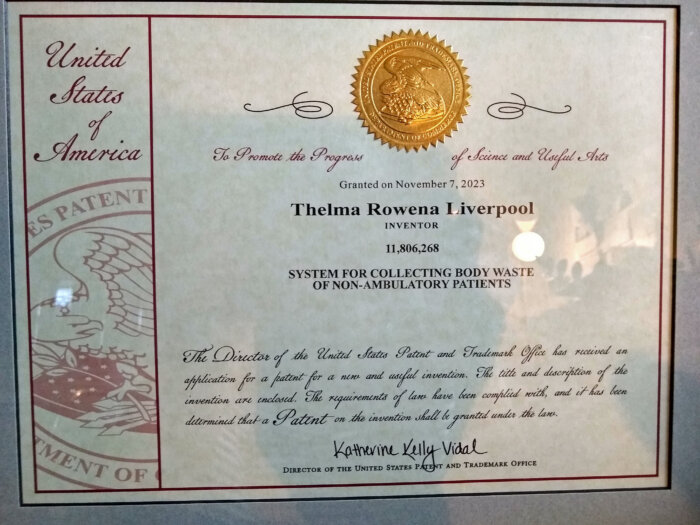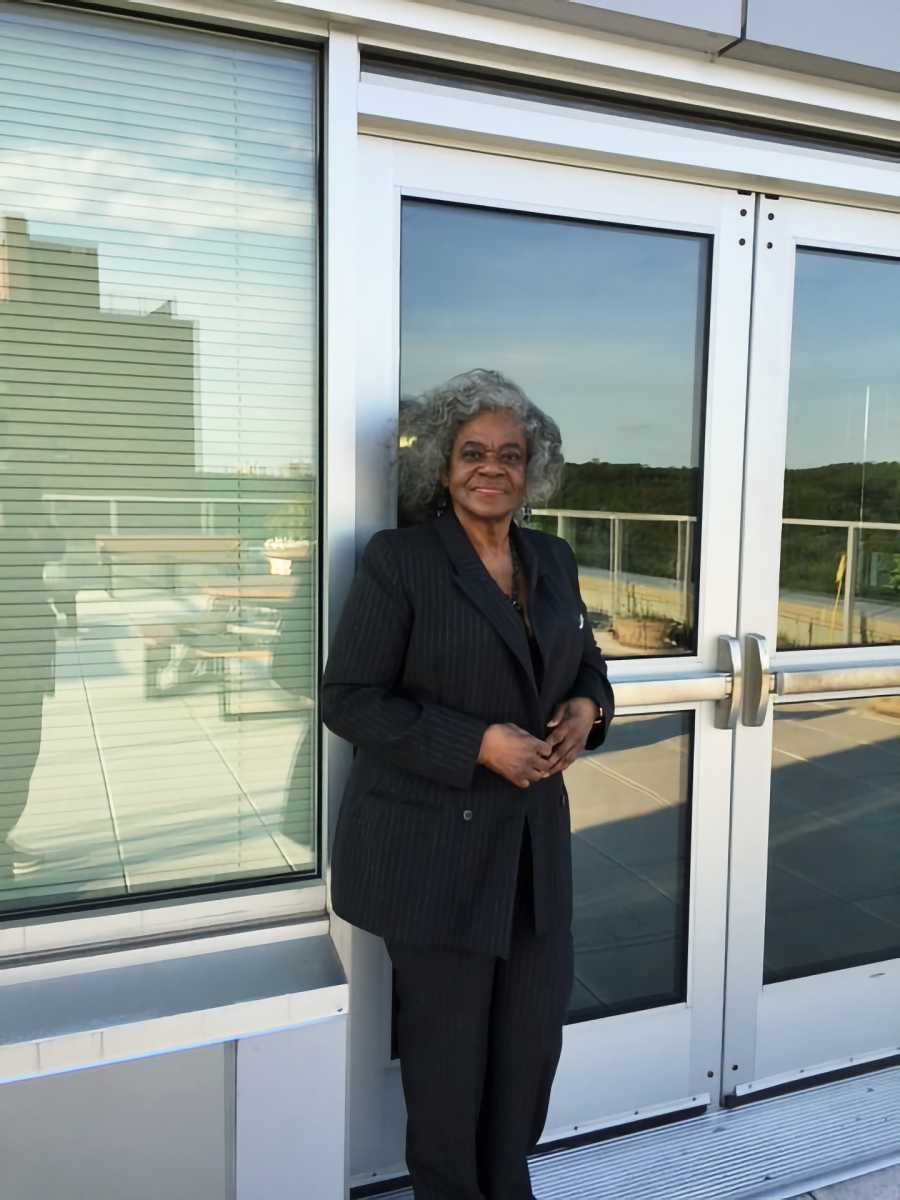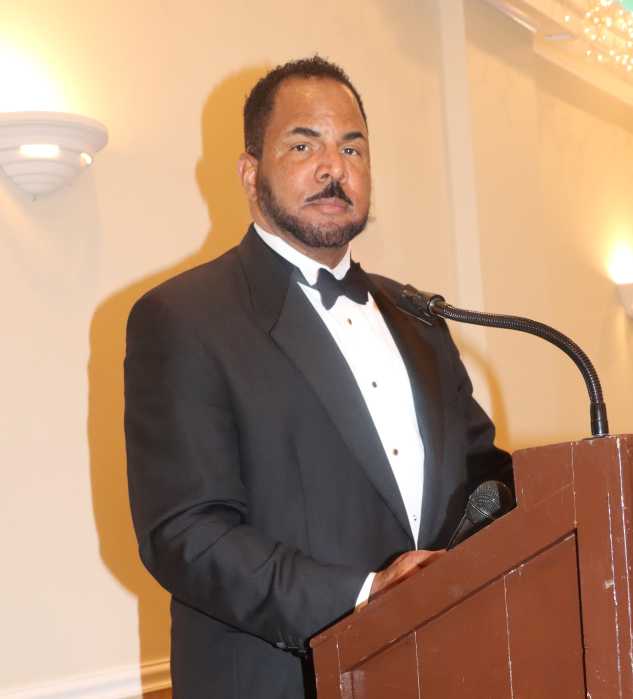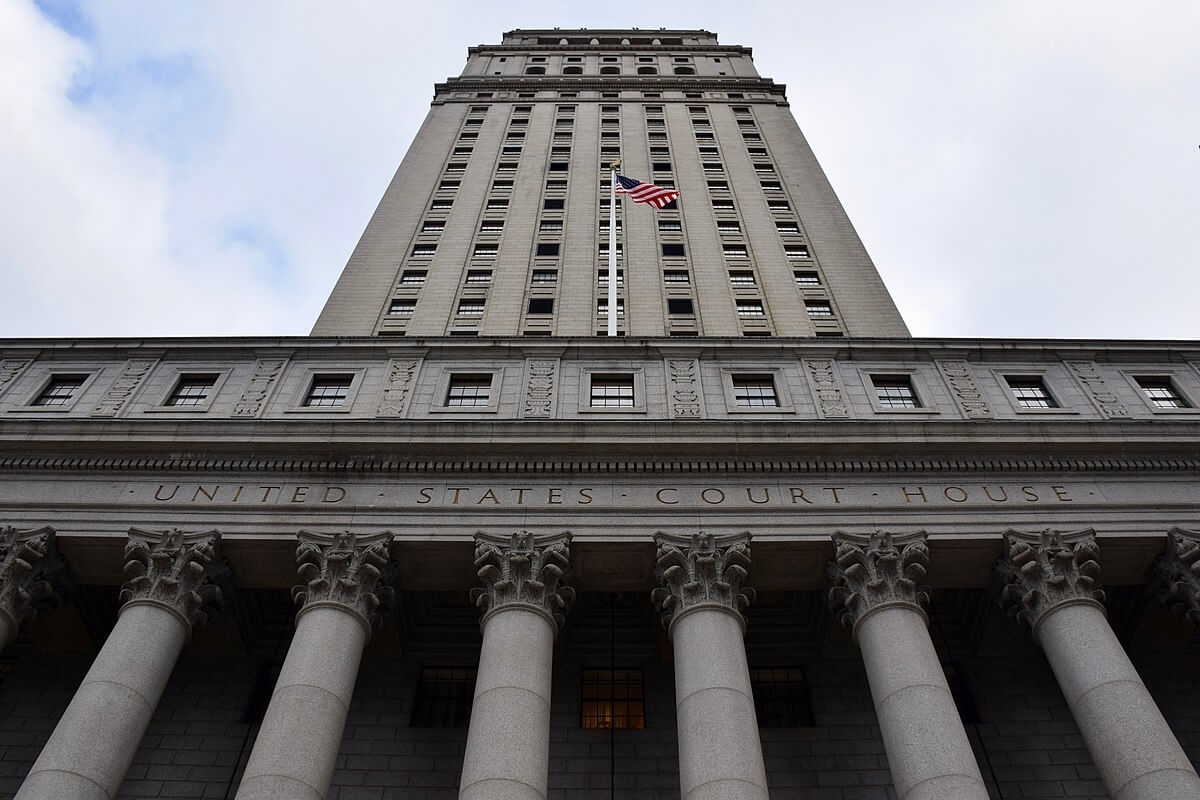Guyanese-born Thelma Liverpool has developed a patented device that would better care for elderly and bedridden patients.
“I feel the innovation will benefit both the patient and the caregiver,” Liverpool, president and founder of the Bronx-based Thanni Holding Corporation DBA Thannicorp, told Caribbean Life. “Contact with infectious body waste can be prevented, while the container can be transported to laboratories for testing when necessary, or samples can be extracted.
“Urine will drain due to the device structure, avoiding wet soiled diapers next to the skin for extended periods,” she added. “Appropriate clothing will allow for air exchange with the skin, decreasing instances of bed sores.”
Liverpool said of great importance is “the ability to bathe an individual in place by sealing the exit point to retain bath water.”
She said free flow of water is allowed during showering, and that wastewater is released into containers or connected to household waste disposal systems.
Liverpool said the caregiver is released from lifting the patient during normal care processes, adding that falls, slips and other incidents – detrimental to both caregiver and patent – are sharply reduced.
She said the innovation is important in the care of elderly people when bedridden for any cause.
Liverpool said it is also useful for temporary care during illness and loss of mobility.
“Simple to use, the device will have an impact in any region or country,” she said.

After residing for a period in the home of an elderly couple in Queens, Liverpool said the husband became bedridden, and that she observed all that an elderly caregiver endures for about three years.
“This is a difficult job,” she said, stating that she was inspired to “create something that would make the job of caregiving easier, as well as decrease the trauma of being hoisted into a wheelchair for trips to the bathroom for bathing, as well as bowel movements on occasion.
“Mostly, the patient would wear adult diapers,” added Liverpool, pointing out that the patent addresses the need for constant monitoring of the patient.
“Once positioned, they can have bowel movements in the modified bed whenever necessary without intervention,” she continued.
In addition, Liverpool said her company has designed devices that will allow the patient to be bathed in bed.
“Special clothing will allow for easy urine samples to be collected from both males and females,” she said. “We have presented these creative designs for patent consideration.”
Liverpool, née James, said she was born in Plantation Ross, West Berbice, Guyana; the daughter of Paul James and Margaret Dinesa James/Richmond; granddaughter of Reginald and Dacy McIntosh.
She said she migrated to the US in 1966 after leaving high school and working for a period. She attended McKenzie High School in Linden [McKenzie] and Bishops High School in Georgetown, the Guyanese capital.
Liverpool said she received a BS in chemistry in 1970 from Howard University in Washington, D.C.; an MA in chemistry five years later from Fisk University, Nashville, Tenn.; and pursued doctoral studies, from 1977 to 1980, from the University of Miami, Coral Gables, Fla.
She said a scientific and international business background provides “a foundation for the business which is geared toward development of devices useful in the home care of bedridden and indigent patients.”
In addition, Liverpool said a 20-year career in the chemical industry, followed by a stint in the US Peace Corps and international living, provides “the insight and impetus to invent materials, which are universally applicable.”
“Initially geared to the home caregiver, decreasing the time spent and physical effort required for the routine tasks associated with care giving, we also aim to significantly increase the comfort level of the patient,” she said.
After taking three years and thorough examination against past submissions and challenges for a final decision, Liverpool said she was “relieved” that the invention finally was patented.
For anyone needing further information, call Thanni Holding Corporation at 1-888-742-2801.
Liverpool said a message should be left, if no one is available

























